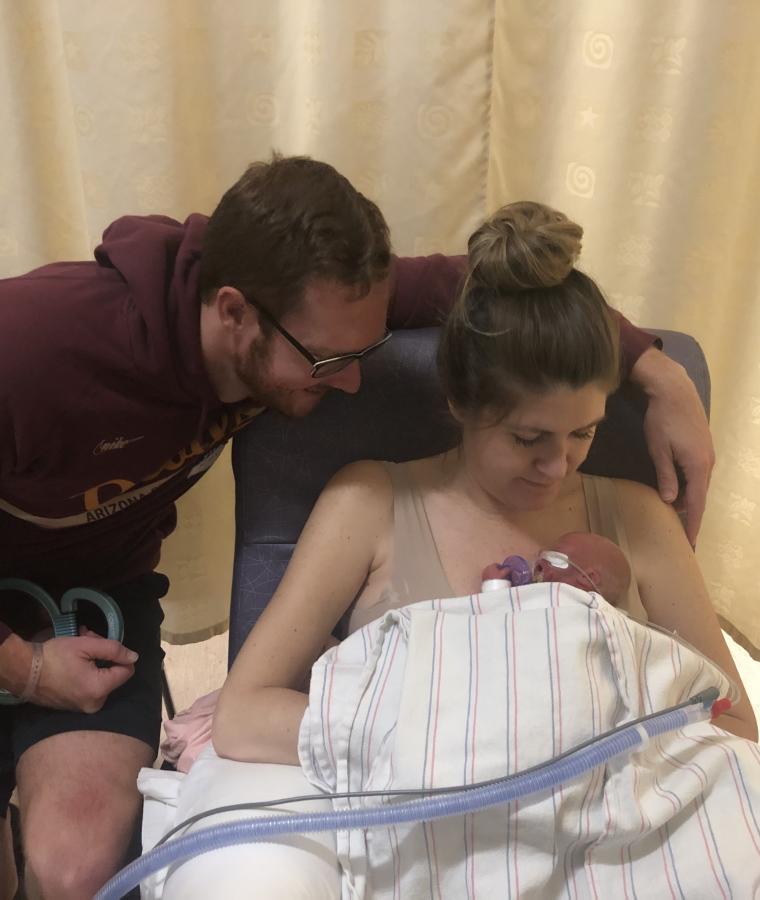
What to consider when expanding your family
Having a healthy baby begins long before you get pregnant, so start making healthy choices now. This means eating well and getting to a healthy weight, taking folic acid to help prevent birth defects, and visiting your health care provider for a preconception checkup to make sure you’re as healthy as possible. Your provider can also give you information relevant to your specific plans, like telling you about fertility treatment options (if you’re having trouble getting pregnant) or why it's best to wait at least 18 months between giving birth and getting pregnant again (if you already have a baby and are planning for another).
We provide some useful tools to help you along your maternal journey. If your menstrual cycle is regular, our ovulation calculator and ovulation calendar can help you figure out and track the best time to try to get pregnant. Once you’re pregnant, our interactive due date calculator will help you estimate the date your baby will arrive.
If you’re not ready for a baby just yet, use birth control until the time is right.
Looking for something specific?
We’re there for you—wherever there is for you
Learn about the programs and services in your area that are helping close the health equity gap and end preterm birth for families everywhere.
Here’s the latest
Pregnancy puts increased strain on the heart. Learn more about the impact of pregnancy on heart health and tips for promoting heart health during pregnancy.
Pregnancy puts increased strain on the heart. Learn more about the impact of pregnancy on heart health and tips for promoting heart health during pregnancy.
Vaccines are vital in pregnancy, shielding both mom and baby from harmful illnesses and infections, contributing to healthy outcomes.
Preconception checkups are vital for couples thinking about starting a family. These checkups can help both men and women assess their health and risk factors.








